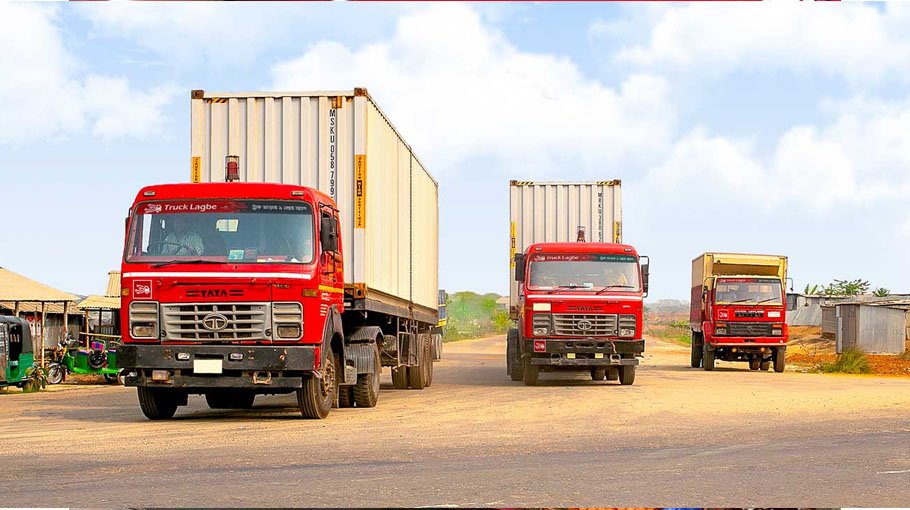Transport, trade hit hard by violence

Bangladesh's transport and trade sectors have been hit hard once again as a fresh wave of violence tied to the students' non-cooperation
movement paralyses road and rail networks.
The unrest, sparked by protests against recent deaths and nationwide police arrests, has led to a severe drop in vehicle operations, crippling both passenger travel and goods transport.
With fears of violence, most trucks, covered vans, and prime movers have ceased operating on the critical Dhaka-Chattogram highway, a major artery for the country’s international trade. This key route, vital for about 90% of Bangladesh’s exports and imports, saw only one-fourth of its usual freight activity over the weekend.
The Roads and Highways Department (RHD) reported a significant decline in vehicle movement, affecting roughly 35,000 to 40,000 vehicles daily. The halt in transportation has led to disruptions in factory production and export-import activities.
Passenger transport has also suffered. Major bus operators, including Green Line and Hanif Enterprise, reported a complete standstill in services due to a lack of passengers, with significant revenue losses for the bus companies.
At Chattogram Port, disruptions are evident. Although customs operations are functioning, the clearance of imported goods has slowed significantly. The port's usual daily truck departures have dwindled from 7,000–8,000 to around 200, with railway waggons also closed, halting the shipment of cargo containers to inland depots.
This new round of unrest, following previous disruptions over quota reform protests, underscores the mounting challenges facing Bangladesh's transportation and
trade sectors.



